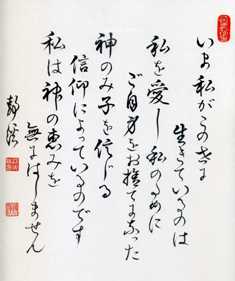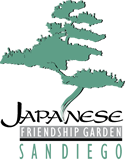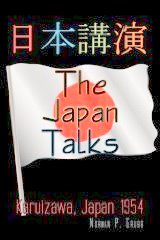Tuesday, August 30, 2022
Friday, August 26, 2022
Thursday, August 25, 2022
How China could choke Taiwan
How China could choke Taiwan
China
is honing its ability to blockade Taiwan, the self-governing island
that China claims as its own, giving Beijing the option of cutting
Taiwan off in its campaign to take control of it. Using a series of maps
and images, The Times explained why the island is at risk. |
Taiwan’s geography leaves it vulnerable to a blockade. Its population, industry and ports are concentrated on its western flank, closest to China. China can send ships to prevent vessels from entering or leaving Taiwan’s ports, warplanes to dominate the skies, and try to disable undersea cables that carry about 90 percent of the data that connects Taiwan to the world. |
While China likely still lacks the ability to quickly invade and seize Taiwan, it could try to impose a blockade to force the island into concessions. Even a limited blockade would threaten one of the world’s busiest trade routes. |
Background: For decades, Beijing has had its sights set on Taiwan. It has built up its principal military force, the People’s Liberation Army with the goal of ultimately taking the island, if efforts to unify peacefully fail. It has developed the world’s largest navy, which now challenges American supremacy in the region. |
Rising tensions: China’s military exercises this month were not a blockade. They were meant to intimidate Taiwan and the U.S. and normalize a military presence near Taiwan, raising the risk of conflict.
Sunday, August 21, 2022
Friday, August 05, 2022
Wednesday, August 03, 2022
A Comic Book Artist Travels Japan!
|
|
|
|
You can preorder Audry's gorgeous book here. And if you want to enter for a chance to win a copy, plus a custom illustrated and signed bookplate, head over to our Instagram page.
Tuesday, August 02, 2022
Tensions in Taiwan
Tensions in Taiwan
The focus this week has turned to Taiwan. Nancy Pelosi, the speaker of the House, may soon stop there, as part of her current tour of Asia, which would make her the highest-ranking U.S. official to visit the island in years. Newt Gingrich visited in 1997 when he was speaker, and Alex Azar, Trump’s secretary of health and human services, went in 2020. |
Chinese officials have reacted angrily to Pelosi’s planned visit, which underscores China’s new aggression toward Taiwan. Xi Jinping, China’s president, seemed to be referring to her last week when he told Biden that the U.S. should not “play with fire.” Some U.S. intelligence officials believe that China may send fighter jets to escort Pelosi’s plane as it approaches Taiwan or take steps in coming weeks to damage Taiwan’s economy. |
Biden administration officials yesterday tried to warn China from taking aggressive action. “Our actions are not threatening and they break no new ground,” John Kirby, a spokesman, said at the White House yesterday. “Nothing about this potential visit — potential visit — which oh, by the way, has precedent, would change the status quo.” |
There are no easy choices for the U.S. in this situation. |
If Pelosi had canceled the visit, she would have been overruling the wishes of Taiwan’s leaders. A visit, said my colleague Amy Qin, who is based in Taiwan, “boosts Taiwan’s legitimacy on the international stage.” |
As Edward Wong, a Times correspondent who covers diplomacy from Washington, said, “Supporters of the trip argue that it’s the U.S. sending a message to Beijing that Taiwan is important enough to us that we are going to engage at senior levels.” He described the trip as a version of “diplomatic deterrence,” trying to remind China of the potential consequences if it did invade Taiwan. |
A cancellation, by contrast, would have risked sending the message that China can dictate American relations with Taiwan. It would have the potential to repeat the mistakes that the U.S. made with Putin over the past 20 years, when it repeatedly tried to appease him. |
Putin invaded Georgia, annexed Ukraine’s Crimea peninsula, murdered Russian dissidents and intervened in the U.S. presidential election in 2016. Each time, the U.S. avoided major confrontation, partly out of a worry that it could spark a larger war. Putin, viewing the U.S. and Western Europe as weak, responded last year with a full-scale invasion of Ukraine. |
If China believes the U.S. won’t ultimately come to Taiwan’s defense, the chances of an invasion may increase. |
But the risks of a confrontational approach are also real. Pelosi’s visit, for example, may lead Chinese airplanes to near Taiwan in new ways. “If they enter into Taiwan’s territorial airspace, an incident could happen, whether Xi wants one or not,” Bonnie Glaser, the director of the Asia Program at the German Marshall Fund of the U.S., told The Times. |
Cao Qun, a researcher at a state-run Chinese think tank, recently wrote: “The chances of a clash between China and the United States in the Taiwan Strait are growing.”





 Here's a sneak peak:
Here's a sneak peak:














